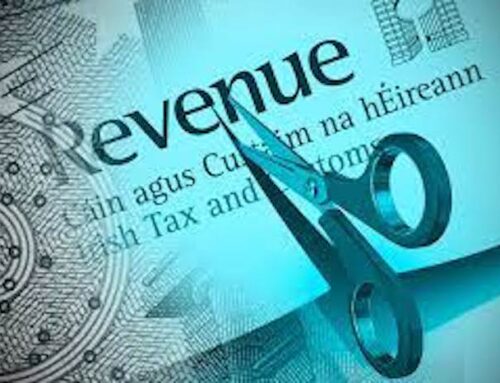In our last newsletter, we wrote about what’s important financially for people in their 30s. We got quite a few comments about this piece and some requests to set out the financial priorities for people in their 40s. So here goes…
Keep control of your lifestyle
For a lot of people as they enter their forties, the financial pressure starts to ease a bit. As a result of career progression and increased earnings, the bills (in particular the mortgage repayments) don’t look quite so daunting any more. And this is when people’s lifestyles can run out of control. Rather than putting their increased wealth to good use, they simply grow their lifestyle until this becomes the new “norm”. And as a result, that hard earned extra income ends up delivering zero impact to your long-term financial health. Put that extra wealth to good use.
Stay vigilant with debt
Debt costs have been very low in recent years, with base interest rates around the 0% mark. However this situation won’t remain forever. One of the challenges caused by low interest rates is that people can become a little complacent about debt, thinking it will always be cheap. Be very prudent about taking on new debt, and stress-test your finances carefully against the impact of rising interest rates. Do you really need to take on debt for home improvements, or for a fancy new car? Does it make more sense to save first and spend later?
Think carefully about home improvements
We’ve seen a number of examples of people with the back broken on their mortgage, and then deciding that it’s time to almost re-build the house. The rationale is usually around higher income levels making this possible, and also because the kids need more space – don’t they? This may well make sense, just be clear that the it’s hard to recoup money spent on your house as it usually isn’t fully reflected in future valuations. Also think past the next 5-10 years – will you want a bigger house when the kids decide it’s time to move on? Yes, make your house more comfortable and enjoyable to live in, but don’t spend money unnecessarily on it.
How’s your emergency fund?
Maybe you were very forward-thinking years ago, listened to the advice and built a nice “rainy day” fund. Now’s the time to take a good, hard look at it. A fund built up a few years ago may be quite inadequate today. Do you need to add to this to cover your current level of expenses?
These are the golden years for building a nice lifestyle in retirement
These are often the critical years for retirement savings. You now have the financial firepower to really accelerate your retirement funding, and you also still have the time on your side to benefit from the magic of future compound interest. So make these years the high impact years in your retirement savings. Look to avail as much as possible of the generous tax reliefs on offer for pension contributions.
How are your parents’ finances?
One big challenge facing families today is the multi-generational impact on financial plans, it’s not enough to plan solely for your own future. Quite often, we see parents playing an important role in helping their children with significant deposits to enable them to get on the home ownership ladder or to remain in full-time education for longer than might have been expected. And as we see older people living longer and having more complex and expensive care needs later in life, the burden of financing this support can sometimes fall on the family. Does your financial plan take account of these costs?
It might be time to consider starting to transfer your wealth
Depending on your specific financial situation, now might well be the time to really start looking at the future transfer of your wealth. If you have significant assets to pass on eventually and as we’ve outlined in our other article this month, these can be seriously eroded by our penal inheritance tax environment. Planning for this a long time in advance will allow us to develop financial strategies that will enable you to significantly reduce this tax burden, ensuring your assets go mainly to your loved ones and not to the taxman.
Your 40s are hopefully great years… Manage them wisely and you can establish a really strong financial foundation for the rest of your life.





